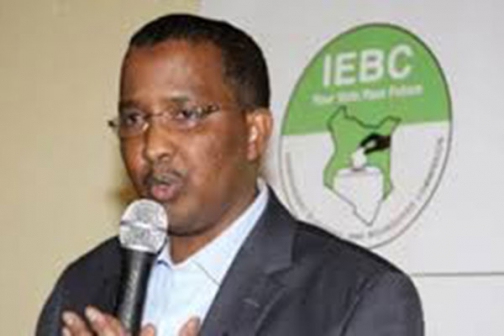
The much-awaited Electoral Laws (amendment) Act comes into force this week and sets the stage for critical reforms to the electoral process. These reforms will hopefully ensure, not so much a free and fair election, but an acceptable election result in 2016.
After observing many elections in Kenya, I have come to accept that free and fair elections is a very subjective concept. What really matters is whether on the whole, management of the elections, especially the election management body, is politically acceptable. It is therefore no wonder that the objective of the Kiraitu/Orengo Committee was not so much seeking technical responses to proposed reforms; any good lawyer would have provided fairly robust proposals, but a political consensus that would give birth to an acceptable political outcome.